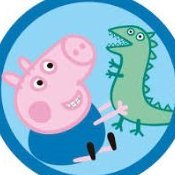Lingo Exchange
-
Recently Browsing 0 members
- No registered users viewing this page.
-
Topics
-
-
Popular Contributors
-
-
Latest posts...
-
20
Cases of Constipation and Hemorrhoids in Thailand?
What kind of suppositories? Steroid based to reduce inflammation from hemorrhoids? You can get the ones on the following link in just about any Thai pharmacy. About 80 Baht a box for 10: http://www.pharmbma.com/drug-list/b/40-benzocaine-hydrocortisone-zinc-suppository -
6
-
-
53
Technology and food
Each to their own. I am not criticizing. I like the occasional KFC, but it is very rare. As to McDonald's, I would rather you than me. -
108
BREAKING NEWS Israel says it has launched strikes on Iran's 'nuclear programme
Has anyone blamed Trump yet.............................just asking -
56
They don’t make them any tougher than us Brits. Brit walks off a plane crash.
What about the other 52 Brits on the plane who did not survive? What happened to their British toughness? Stupid, stupid OP.- 1
-

-
-
Popular in The Pub



.thumb.jpeg.d2d19a66404642fd9ff62d6262fd153e.jpeg)





Recommended Posts
Create an account or sign in to comment
You need to be a member in order to leave a comment
Create an account
Sign up for a new account in our community. It's easy!
Register a new accountSign in
Already have an account? Sign in here.
Sign In Now